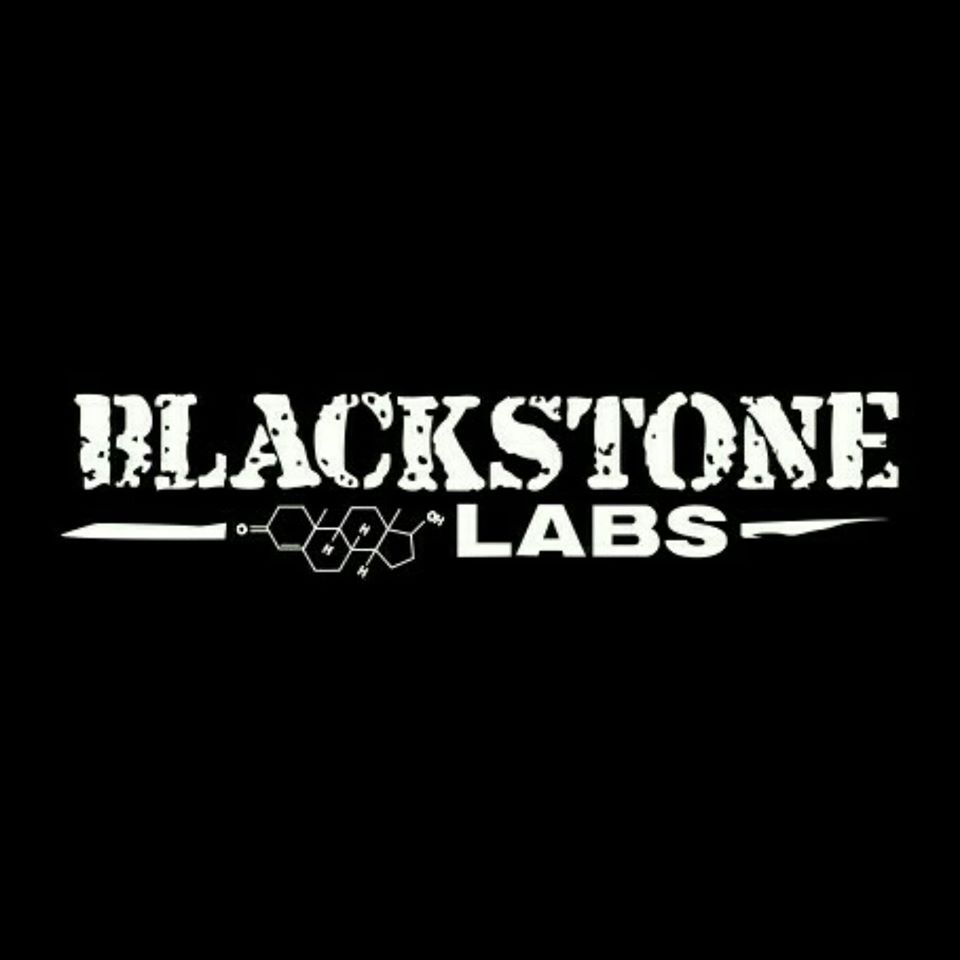Johnson & Johnson and Protagonist Therapeutics are pitting their once-daily psoriasis pill against drugs like Bristol Myers Squibb’s Sotyktu in a bid to compete in the crowded market.
The duo
reported
Wednesday that their experimental oral IL-23 receptor blocker beat Sotyktu in two Phase 3 studies. The results showed that icotrokinra helped a greater proportion of psoriasis patients achieve clear or almost clear skin at 16 and 24 weeks — and with fewer side effects.
The detailed data are set to be shared on Thursday at the European Academy of Dermatology and Venereology’s annual meeting in Paris, and they build on previously reported topline results. While the results compare two pills, J&J and Protagonist are also starting another Phase 3 trial pitting icotrokinra against J&J’s Stelara, an injectable medication. The companies, which plan to study icotrokinra in other immune diseases, believe it can become a multibillion-dollar product.
The ICONIC-ADVANCE 1 and 2 studies each included over 700 participants who received either icotrokinra, placebo or Sotyktu. Icotrokinra met the primary endpoints, which compared it to placebo at 16 weeks on two psoriasis disease activity measures.
Based on a measure called the Investigator’s Global Assessment scale, 68% or 70% of patients achieved almost clear or clear skin compared to 50% or 54% of participants on Sotyktu at 16 weeks, with similar results at 24 weeks. And on another measure called the Psoriasis Area and Severity Index, 55% or 57% of participants on icotrokinra saw an improvement of 90% or better compared to 30% or 34% of participants on Sotyktu. That difference was likewise maintained to 24 weeks.
J&J and Protagonist started working together in 2017 in a deal that ultimately led to the discovery and development of icotrokinra.
Oruka Therapeutics
reported
healthy volunteer results on Wednesday, noting that its findings could translate to once-yearly dosing of ORKA-001, its long-acting IL-23 antibody. Oruka also announced on Wednesday that it
raised
a $180 million private placement from Viking Global Investors, Affinity Healthcare Fund, Blackstone and others.
Oruka’s study enrolled 24 healthy adults and tested three different doses. It showed that ORKA-001 had a half-life of approximately 100 days, which is greater than three times that of AbbVie’s Skyrizi, according to the company. That half-life “increases likelihood of once-per-year dosing,” Oruka said.
The biotech is currently running a Phase 2a study of ORKA-001 in moderate-to-severe psoriasis patients, with initial data expected in the latter half of 2026. It also plans to start a Phase 2b study in the first half of next year before the completion of that Phase 2a study.
Oruka said it expects the PIPE financing to fund it for at least one year following its data readouts in 2027. Its stock
$ORKA
was up about 10% on Wednesday morning.








